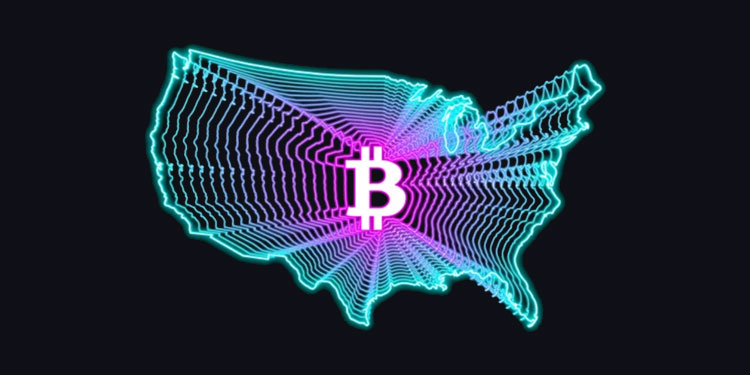Bitcoin is a digital asset and a payment system invented by Satoshi Nakamoto. Transactions are verified by network nodes through cryptography and recorded in a public dispersed ledger called a blockchain. Bitcoin is unique in that there are a finite number of them: 21 million.
Bitcoins are created as a reward for a process known as mining. They can be exchanged for other currencies, products, and services. As of February 2015, over 100,000 merchants and vendors accepted bitcoin as payment.
Bitcoin is legal in the United States. In October 2014, the Internal Revenue Service (IRS) ruled that bitcoin would be treated as property for tax purposes, not currency. This means that investors who hold bitcoins will have to report any capital gains or losses when they sell or trade them. Visit https://bitcoinupapp.com/ for further details.
The use of bitcoin is growing in the United States. A March 2015 study by the Pew Research Center found that 16% of Americans had heard of bitcoin, while 5% of those who had heard of it said they had used it. This is up from 11% and 2%, respectively, in November 2013. In May 2015, Coinbase, a leading bitcoin wallet, and exchange company raised $75 million in Series C funding, the largest round of financing for a bitcoin company to date. As bitcoins become more widely accepted, their popularity is likely to continue to grow.
Bitcoin in Missouri
Bitcoin is not yet regulated in Missouri, however, the state has shown interest in cryptocurrencies. In February 2014, the Missouri General Assembly filed a bill that would have recognized virtual currencies like Bitcoin as taxable property. The bill did not pass. In March 2014, another bill was proposed that would have required individuals to obtain a license in order to sell bitcoins. This bill also did not pass.
Although Missouri has not yet passed any legislation specifically relating to cryptocurrencies, it is likely only a matter of time before this happens. As more and more businesses begin to accept Bitcoin and other digital currencies, states will need to find ways to properly tax these transactions. It is also possible that Missouri will eventually create its own digital currency, similar to what has been done in California and Florida.
In the meantime, Missourians are free to use Bitcoin and other digital currencies without fear of legal repercussions. However, as with any investment, there is always a risk of loss. Those who choose to invest in cryptocurrencies should do so carefully and consult with a financial advisor before making any decisions.
Bitcoin in Montana
Bitcoin is not yet legal tender in Montana, however, the state has a number of businesses that accept Bitcoin as payment. In March 2014, the Montana Commissioner of Securities and Insurance issued a bulletin warning businesses about the risks associated with virtual currencies like Bitcoin. The bulletin stated that “virtual currencies are not backed by any government or central bank, are subject to little or no regulation, and transact in partially anonymous peer-to-peer networks.”
In 2015, the Montana Legislature passed a bill that recognized digital currencies as intangible personal property. This made it so that digital currency transactions would be exempt from Montana’s money transmitter laws. The bill also established that smart contracts could be used in Montana.
While Bitcoin is not yet widely accepted in Montana, the state does have a number of businesses that accept cryptocurrency. These include a number of restaurants, hotels, and retailers. You can see a full list of businesses that accept Bitcoin in Montana here.
So far, the state of Montana has taken a hands-off approach to regulate Bitcoin and other cryptocurrencies. However, this could change in the future if the state decides to regulate the industry. For now, Montana is a relatively friendly place for Bitcoin users and businesses.
Bitcoin in Nebraska
Nebraska is one of the states in the US that has taken a positive stance towards bitcoin and other digital currencies. The state has not placed any restrictions on the use of Bitcoin and other digital currencies, which means that businesses and individuals can freely use them without any fear of legal action.
This positive attitude towards digital currencies has led to a number of businesses and entrepreneurs starting up in the state. For example, Nebraska is home to some of the largest Bitcoin mining operations in the country. Additionally, there are a number of startups that are working on innovative new ways to use Bitcoin and other digital currencies.
Overall, Nebraska is proving to be a great place for businesses and individuals who are interested in using digital currencies. The state’s positive attitude towards these technologies is likely to lead to even more innovation in the future.






















